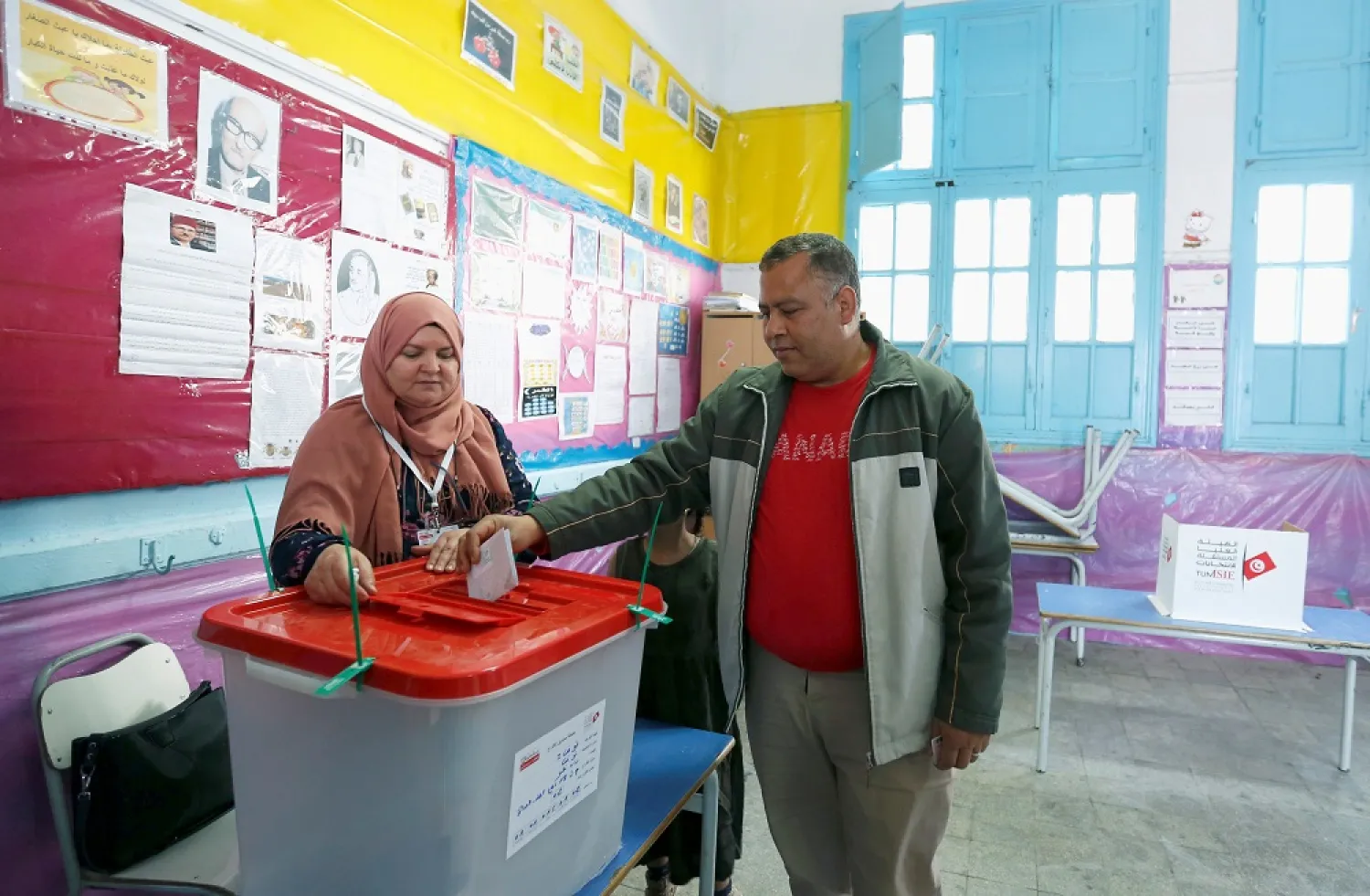Leaders of five Tunisian parties and representatives of unions and human rights organizations have opposed postponing presidential and parliamentary elections scheduled for later this year.
They made their stance in response to calls by several political figures. including Minister Naji Jaloul, adviser to the Tunisian presidency. and Secretary General of Nidaa Tounes Party, which split into two parties since its national conference in April.
Advocates of the postponement attributed their position to the security, political, social and economic risks in Tunisia and Algeria, the war in Libya and the risks of escalation in the entire region.
They cited chapter 80 of the constitution, which allows higher authorities to postpone elections in the country when faced with “imminent danger.”
The last Secretary General of Zine el-Abidine Ben Ali’s Democratic Constitutional Rally (RCD), Mohamed Ghariani, Secretary General of the Republican Party Essam al-Shabbi, head of Ettakatol party’s national council Minister Elyess Fakhfakh and head of Ennahda Party’s political bureau Noureddine Arbaoui told Asharq Al-Awsat on the sidelines of a political symposium that they opposed calls to postpone the presidential and parliamentary elections scheduled for October and November respectively.
Fakhfakh called on the government and businessmen and media loyal to it to remain neutral during the elections and ban “opinion polls” that affect voters and promote a landslide victory for Prime Minister Youssef Chahed and his new party, Tahia Tounes.
Member of the High Independent Authority for Elections Adel Brinsi confirmed to Asharq Al-Awsat that logistic and political preparations were underway to organize the ballot on time.
He stressed that they are taking place despite the state of emergency declared in the country by President Beji Caid Essebsi for internal and foreign security reasons and despite the state of confusion caused by the wave of resignations in municipal councils elected a year ago.
He pointed out that the multiparty elections organized in Tunisia in 2011 and 2014 took place when the country was also in a state of emergency and war was still raging in Libya.
Moreover, he revealed that the number of new registered voters eligible to participate in the elections has amounted to one million, mostly youths, bringing the total number to about six million out of eight million eligible to vote.









